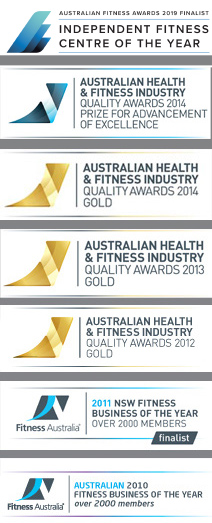Nutritious eating in your senior years
 Healthy eating is just as important now as it was when you were younger. Good nutrition will keep you feeling young at heart and help you stay healthy, active and independent.
Healthy eating is just as important now as it was when you were younger. Good nutrition will keep you feeling young at heart and help you stay healthy, active and independent.
With age, your body undergoes many changes. The way your body digests and absorbs nutrients changes, as do your nutritional needs. For example, your body’s ability to absorb foliate and vitamin B12 decreases with age. Thus good health will depend on good nutrition. If you eat properly, you will feel better and can improve your overall health in years to come.
For seniors, the benefits of eating a balanced diet and enjoying nourishing foods are tremendous. Some of the many benefits of good nutrition for older adults include:
- Increased energy levels and mental alertness
- Resistance to illness and faster recovery
- Preventing dehydration and constipation
- Preventing and managing chronic health problems such as high blood pressure, high cholesterol, diabetes and heart problems
- Increased emotional well-being and happiness
- Maintaining a healthy weight
- Preventing and controlling diseases such as dementia, osteoporosis, arthritis and eye-problems, just to name a few!
Remember that you need to eat better, not less as you age. Regular meals, at least 3 per day, are important. Just because you may not be as physically active as you were when you were younger, doesn’t mean your body isn’t in need of good meals packed full of nutrients.
In fact, due to the changes your body undergoes, you need to eat enough to cover your nutritional requirements. Nutrient-dense foods (i.e. a small portion of the food contains a lot of nutrients) are key. Protein, which is the building blocks for muscles, organs and body tissues, is essential. Include a protein source, such as meat, fish, poultry, dairy, eggs, nuts and legumes with each meal you eat. If you have a small appetite, choose the most nourishing foods first when you eat a meal. Sharing meals with family and friends can help make eating more enjoyable.
Keeping a healthy weight is important too. Weigh yourself regularly (eg. once a week) to check how your weight is going. If you are overweight, you can safely take refined sugar, saturated fats and alcohol out of your diet. However, if you need to modify your diet to help control conditions such as diabetes and heart disease, always consult a Dietitian.
Rebecca Gawthorne (BNutrDiet Hons I)
Accredited Practising Dietitian
Accredited Nutritionist
For expert nutrition and dietary advice on how you can best meet your nutritional needs, book an appointment with Rebecca Gawthorne– Dietitian at Health Mates Fitness Centre.










